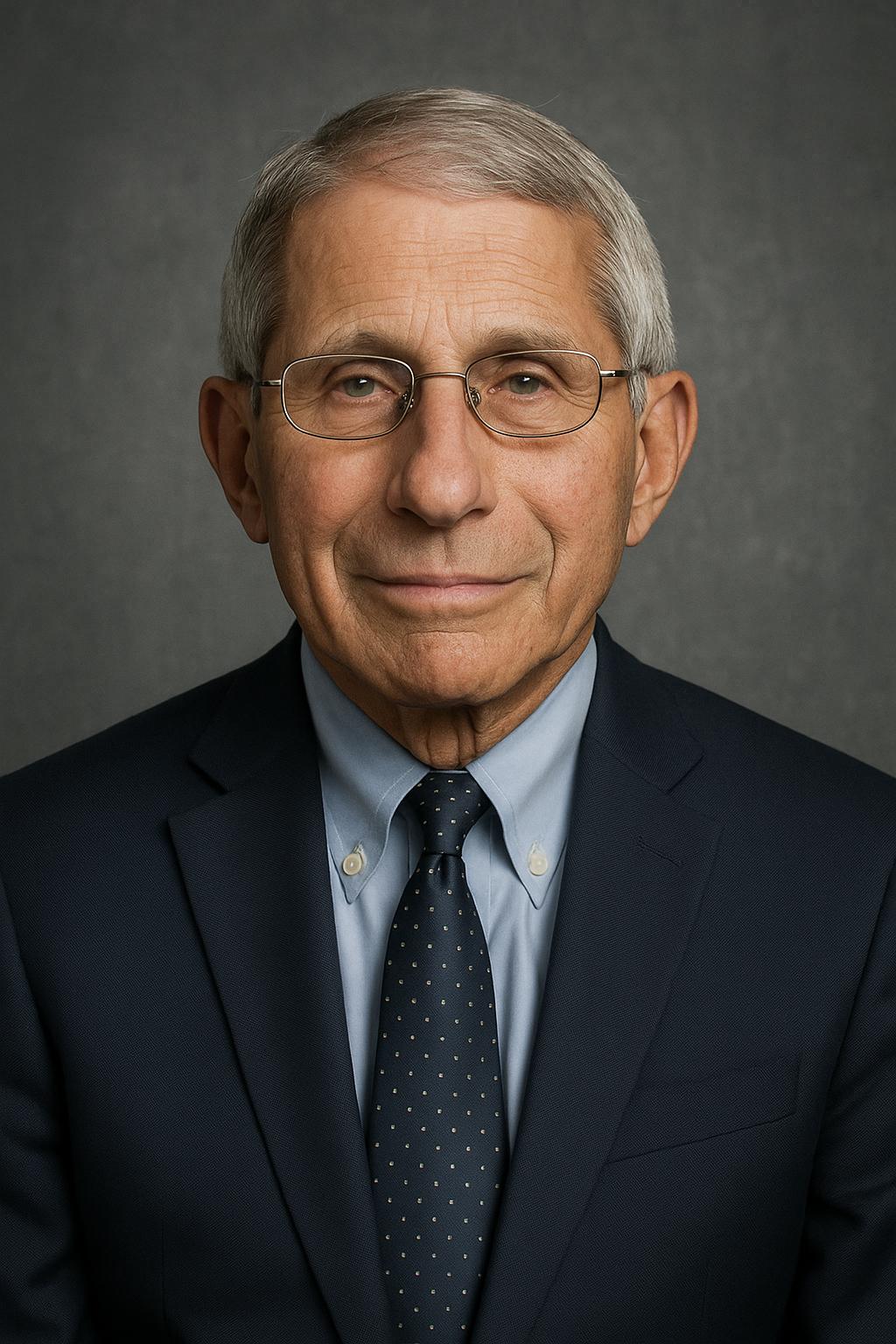




Anthony Fauci’s Early Life, Education, and Path to Medical Leadership
Anthony Fauci is a renowned American immunologist and medical scientist, best known for his decades-long leadership as Director of the National Institute of Allergy and Infectious Diseases (NIAID). He played a central role in the fight against HIV/AIDS and led public health responses during the COVID-19 pandemic, making him one of the most influential medical figures of modern times.
In this article, we explore Anthony Fauci's early life, scientific career, major achievements, and enduring legacy in global health and medicine.

Early Life of Anthony Fauci
Anthony Stephen Fauci was born on December 24, 1940, in Brooklyn, New York. He was the youngest of two children in a family deeply rooted in public service and the medical profession. His father was a pharmacist, and the family owned and ran a neighborhood pharmacy, where Fauci delivered prescriptions and interacted with local residents.
Growing up in Brooklyn, Fauci enjoyed sports such as baseball and basketball. He attended Regis High School, where the Jesuit values of serving others left a lasting impression. From a young age, Fauci developed a keen interest in science and public welfare, influences that would guide his future career.
Career and Achievements
Anthony Fauci gained recognition through the following key contributions:
- Became Director of NIAID in 1984, shaping U.S. and global response to infectious diseases for nearly four decades.
- Led pioneering research in HIV/AIDS, helped develop treatments, and shaped policy to expand experimental drug access.
- Served as chief medical advisor during the COVID-19 pandemic, guiding public health measures, vaccine rollout, and communication.
- Key figure in the U.S. response to other outbreaks, including Ebola, West Nile virus, and anthrax threats.
- Recipient of major awards, such as the Presidential Medal of Freedom (2008) and National Medal of Science (2005).
Fauci is widely respected for his clear communication, willingness to engage with disease advocates, and commitment to science-driven health policy. His work with multiple U.S. Presidents has cemented his reputation as a trusted medical leader.
Key Events in Anthony Fauci’s Life
| Year | Event | Significance |
|---|---|---|
| 1940 | Birth in Brooklyn, New York | Foundation of family and community roots |
| 1966 | Graduated first in medical school class (Cornell) | Academic excellence and beginnings of medical career |
| 1984 | Appointed Director of NIAID | Leadership in U.S. infectious disease research |
| 2003 | Architect of PEPFAR (AIDS Relief Plan) | Helped save millions globally through AIDS relief |
| 2020 | COVID-19 pandemic response leader | Became household name and prominent public health advisor |
| 2022 | Retired as NIAID Director and Chief Medical Advisor | Crowned a distinguished career in public service |
| 2024 | Published memoir and received presidential pardon | Legacy acknowledged and protected at the highest level |
Personal Life and Public Image
Anthony Fauci is known for his dedication to science, resilience in the face of criticism, and clear communication during public health crises. He is married to Christine Grady, a prominent bioethicist and nurse, and together they have children.
Fauci’s Italian-American heritage, especially his Sicilian roots, is a source of pride and is often referenced in discussions about his background. Throughout his career, his ethical approach and empathy have made him a role model for aspiring scientists and health professionals.
Legacy of Anthony Fauci
Anthony Fauci continues to influence others through:
- Championing evidence-based medicine and integrity in public communication.
- Inspiring new generations of doctors, scientists, and public health advocates.
- Serving as a symbol of perseverance in the face of health challenges and political pressures.
This biography highlighted the journey and influence of Anthony Fauci. His contributions to medicine and public health remain vital in the ever-evolving field of global health.
Learn more about historical and modern-day personalities on Vedantu’s platform.
- For more about world leaders, read the Barack Obama Biography, who awarded Dr. Fauci the Presidential Medal of Freedom.
- Discover other groundbreaking medical figures like Marie Curie and Jonas Salk.
- Explore the lives of scientific icons such as Stephen Hawking and Albert Einstein.
- For other pioneers in biology, visit the Charles Darwin Biography page.
- Understand the evolution of global health by reading about Florence Nightingale.
FAQs on Who is Anthony Fauci? Biography, Career & Contributions
1. Why is Anthony Fauci famous?
2. What awards has Dr. Fauci won?
3. Is Anthony Fauci of Sicilian ancestry?
4. Does Dr. Fauci have children?
5. What is Anthony Fauci’s educational background?
6. What is Anthony Fauci's net worth?
7. What disease does Fauci have?
8. Does Anthony Fauci have a medical degree?
9. What is Dr. Fauci's ancestry?
10. Who appointed Fauci, director of NIAID?
11. Was Dr. Fauci appointed by Congress?
12. Is Dr. Fauci an epidemiologist?





















